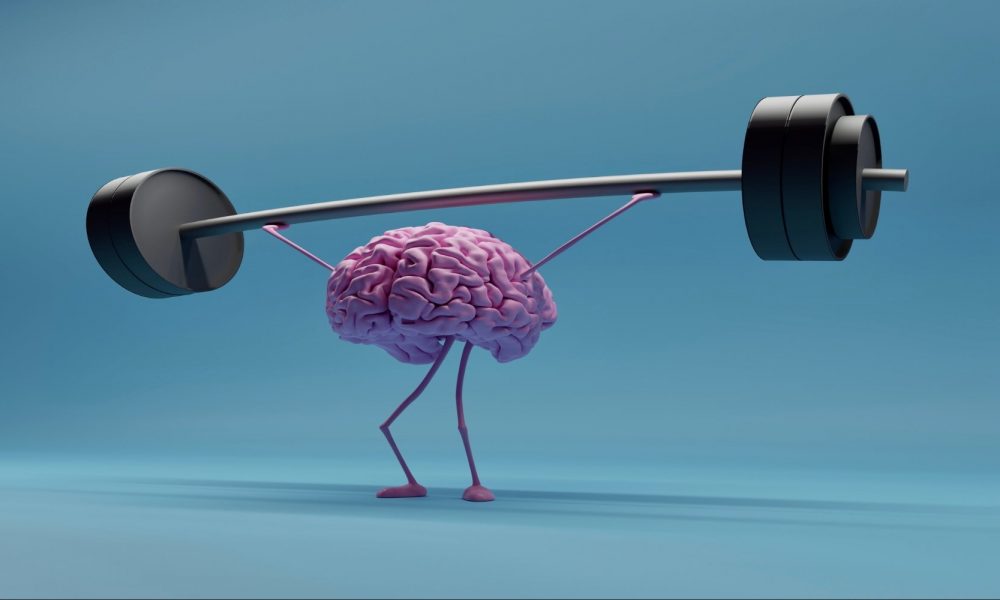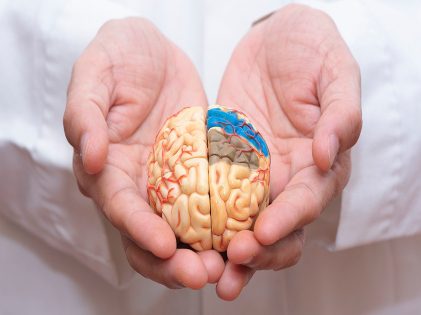
How to Reduce the Risk of Dementia By Increasing Your Fitness And Leading A Healthy Lifestyle

Generation Z does not think much about neuroplasticity, but it can have a huge effect in the last quarter of their life. If you are unlucky to face “your relationship falling apart” on the internet, it is important for you to know how to rediscover yourself by learning a new language, going on vacations, signing up for guitar classes, and so on. These words of advice seem quite silly. Learn a new language, great. But what about the motivation, time, and money required to make it happen? These are just mediocre suggestions that are reused whenever one seems to be in need of distraction, or happiness.
 If you are one of those who can put these words of advice into use, well and good. But you might just be one of those few people. Many of us forget that we have downloaded Duolingo in just a few days. This raises a lot of questions. Why is it so hard for us to pick up a new skill or take those suggestions seriously? Why do we only think of dragging our relationship after an upsetting event like divorce? Wouldn’t it be easier to go past our comfort zones when life is slipping away? At a time when our self-confidence isn’t shattered into pieces?
If you are one of those who can put these words of advice into use, well and good. But you might just be one of those few people. Many of us forget that we have downloaded Duolingo in just a few days. This raises a lot of questions. Why is it so hard for us to pick up a new skill or take those suggestions seriously? Why do we only think of dragging our relationship after an upsetting event like divorce? Wouldn’t it be easier to go past our comfort zones when life is slipping away? At a time when our self-confidence isn’t shattered into pieces?
What is Cognitive Fitness?
First defined in an article for Harvard Business Review in 2007, good cognitive fitness means “enhanced ability to justify, remember, learn, plan, and adapt,” which stops tasks like a memory from fading away by age. A long life with an unfit brain will be a dreadful punishment in various ways than an early death. This is why people hoping to live a long life, above 100 years, should not only focus on eating leafy vegetables or going for a walk daily. They should also work on mental and physical workouts that change the physical structure of your brain, prolong aging, and extend your neutral systems.
Brain Plasticity
 There are numerous studies regarding “brain plasticity”. Neurogenesis does not stop in childhood but extends till old age. In our old age, our brain still has the ability to change and improve. In the 1980s, researchers were astonished when they found in the autopsied brain that showed “brain changes in line with advanced Alzheimer’s disease”.
There are numerous studies regarding “brain plasticity”. Neurogenesis does not stop in childhood but extends till old age. In our old age, our brain still has the ability to change and improve. In the 1980s, researchers were astonished when they found in the autopsied brain that showed “brain changes in line with advanced Alzheimer’s disease”.
From every angle, these people should have died from dementia but they didn’t. Their brain was resistant to the innate damages of old age. Even when they were suffering from Alzheimer’s disease, their brains had the capacity to overcome the possible harm. Factors such as physical fitness, genetics, education, occupation, and lifestyle make one’s brain more resilient. The greater time one spends in school and the more “cognitively complex” their job is, the greater their possible cognitive reserve will be.
COVID-19 made many employees enhance their cognitive reserve, a large number of Americans resigned from their jobs in 2021. But the brain doesn’t log out at 5 o’clock. It keeps on working 24/7. If your job is not pleasing, there are ways in which you can achieve neuropathological goodness like registering yourself for guitar lessons, going out with your friends, going to adventure parks, or learning a new language. In short, the same advice for you that was given to the sad people on the internet can transform the way your brain works and strengthen it against the common issues faced in old age.
Key Takeaways
 Pushing yourself into learning new things will in turn make it easier for your brain as well. Exploring new things is good for one’s health, even though it is easier for you to stay cooped up on your couch, doing the same job. It is an important pillar of better mental health. The number of people going beyond 80 is increasing as average life expectancy continues to increase in response to faint medical advancements.
Pushing yourself into learning new things will in turn make it easier for your brain as well. Exploring new things is good for one’s health, even though it is easier for you to stay cooped up on your couch, doing the same job. It is an important pillar of better mental health. The number of people going beyond 80 is increasing as average life expectancy continues to increase in response to faint medical advancements.
It is now no longer about living a long life but also about preparing for it as well. Unfortunately, there is no set formula for that to make it true. Exercise, nutrition, restricting alcohol consumption, and so on will play their part in brain resilience and even though fitness comes along with pain and sacrifice, this is an undervalued area that rewards play and findings. Therefore, lead a healthy lifestyle, do some workouts, go outside and take a walk, and restrict your tobacco and alcohol usage to reduce the risk of dementia.
More in Fitness
-
`
The Physical Signs of Hunger and How Mindful Eating Makes a Difference
Hunger is one of the most basic yet essential signals our body uses to communicate its need for energy. However, many...
December 15, 2024 -
`
Why Did Chris Pratt Call Anna Faris Before Proposing to Katherine?
Chris Pratt, the beloved star of “Guardians of the Galaxy,” made headlines when he revealed that he called his ex-wife, Anna...
December 3, 2024 -
`
6 Proven Tips to Tackle Insurance Claim Denials Successfully
Claim denials are a common hurdle for healthcare providers and professionals, even for those who follow the necessary procedures to avoid...
December 1, 2024 -
`
5 ‘Bad’ Fitness TikTok Trends You Shouldn’t Follow
TikTok has become a haven for creative fitness advice. But not all trends are worth your time or your health. From...
November 23, 2024 -
`
Does Drinking Water Affect Adrenal Hormones?
Drinking water is often seen as a simple way to stay hydrated, but it has deeper effects on our body than...
November 14, 2024 -
`
Why We Feel the Loss of Celebrities So Deeply?
Celebrity grief might sound strange at first. After all, most of us have never met these famous figures in person, yet...
November 5, 2024 -
`
Are High Deductible Insurance Plans as Ideal as They Appear to Be?
High deductible insurance plans have been a hot topic for years, especially as healthcare costs continue to rise. For many Americans,...
October 31, 2024 -
`
How Training Load Data Can Transform Your Exercise Routine
Tracking progress during workouts is challenging. Simple metrics like mileage or time don’t show the whole picture. Understanding the overall effort...
October 26, 2024 -
`
Katy Perry’s Weight Loss Journey: Secret Diet Tips Revealed
Katy Perry’s weight loss journey has been making headlines, with the pop star shedding 20 pounds over the past few months....
October 16, 2024















You must be logged in to post a comment Login